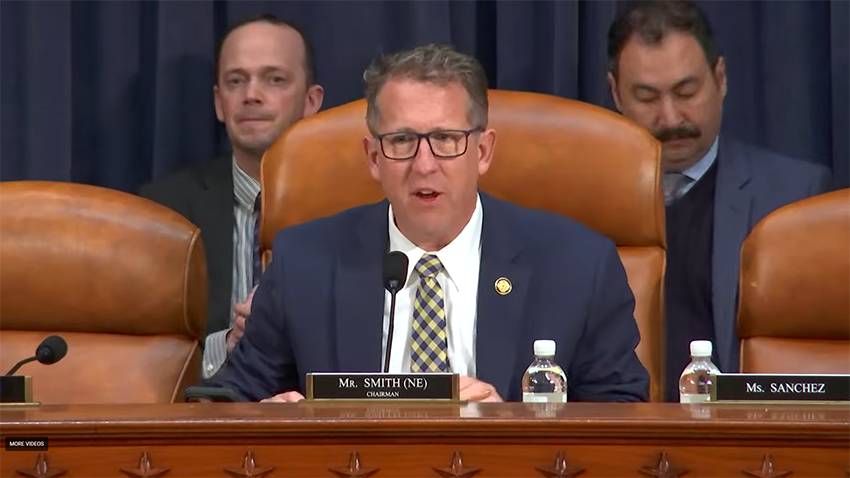The biotechnology industry is one of the riskiest and the most challenging—but it is also one of the few that makes the difference between life and death.

In recent years, biotech has given us major breakthroughs: vaccines that provide protection from lethal viruses; a lupus treatment approved for use in children with the first new mechanism of action in more than 50 years; and significant progress in hematology with the approval of a bispecific antibody for multiple myeloma.
Yet, despite the tremendous progress and unprecedented outcomes, 2022 was one of the toughest years since the industry’s inception. A rocky market led to mass layoffs and closures while IPOs slowed to a trickle, and dealmaking was slower in comparison to historical norms.
So, what’s the prognosis for our industry as we move into 2023? Will the bear market last? Will partnerships pick up? And how will our industry continue to evolve?
Here are three predictions for biotech in 2023.
1. Dealmaking can still happen – with some ingenuity.
2022 brought changes in how business gets done.
For example, public companies signed agreements that allowed hedge funds to look at confidential, blinded clinical trial data as an inducement to buy stock. Some biotechs exchanged a cut of the profits from approved or in-development medicines for immediate cash infusions. And still others formed new companies around key assets to enable easy sale; Takeda picked one up for $4B last year.
In 2023, we can expect to continue to see creative approaches dominate the scene. But in rocky climates, one thing is certain: everyone is more selective, which means companies with differentiated technologies will win.
2. Partnerships will pick up by the second half.
With more than $200 billion in cash on hand, large pharmas will take advantage of the challenging markets and lack of integration within the biotech industry. While many biotech leaders will be driven to partnerships by desperation, smart companies will forge symbiotic partnerships that will help them position for long-term growth, and by the second half of 2023, we’ll see many new deals. Greater consolidation within the industry may help to move new medicines forward more efficiently.
3. Biotechs will continue to get more efficient at developing new medicines; collaboration is key.
The speed at which vaccines for the prevention of COVID-19 were developed and studied will go down in history as an extraordinary example of how the industry can rise to the occasion—and how collaboration across public and private sectors can help advance a public health agenda. Political differences aside—be it around the pricing of drugs or global access to anyone in need of a new drug—everyone can unify around a singular purpose of saving and bettering human life.
Continued focus on collaboration across sectors will speed innovation, clinical development, and FDA approvals—advancing both commercialization and profitability as well as improved outcomes for patients.
The outlook for 2023
While 2023 may not look much like 2020 or 2021 for biotech, we’re a tenacious industry that brings together the most brilliant minds and the noblest aims. Recent challenges have forced the industry to innovate, consolidate, differentiate, and get a lot more efficient.
But in the long run, that’s good for the industry and for patients who are relying on us to deliver longer, better quality lives.
Dinesh Patel, PhD, is CEO of Protagonist Therapeutics (PTGX). He has more than 35 years of experience in the industry.




